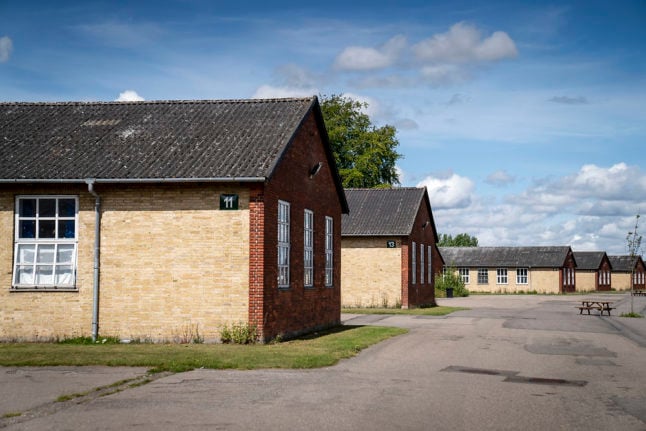”People there have told us the most horrendous things – they are impossible to imagine. It is hard to understand what actually happened and why,” said prosecutor Magnus Elving to the TT news agency.
The accused, a 54-year-old Swedish citizen, lives in central Sweden. According to prosecutors he participated in massacres in west Rwanda during the 1994 genocide and could be responsible for the deaths of thousands.
The man is a Hutu and had a “leading role at a lower level” in genocide actions carried out in the county of Kibuye in western Rwanda, according to prosecutors.
He was allegedly an informal leader of young extremist Hutus. Between April 6th and June 30th, 1994, he “together with others committed murder, attempted murder and kidnappings” against Tutsis “with the intention of destroying the group completely or in part”, said prosecutors.
According to Elving, the Tutsis were first attacked by paramilitary groups and bandits.
When they sought protection from the authorities they were told to gather in public places like the local school, the church or a sports stadium.
“But there was no protection. In fact, it was part of the strategy to assemble them in different places. Then they would be surrounded by police, gendarmes, soldiers, politicians, militia as well as regular people. They then carried out the plan,” Elving said.
In another first in Swedish legal history – part of the trial will be carried out in Rwanda, where witnesses will testify in the high court of Kigali, the Rwandan capital.
For practical reasons it was not possible to bring some of the 40 witnesses to Sweden, meaning the Swedish judges will fly down to Rwanda. The accused, however, will participate in the trial via video link from Sweden.
Rwanda had asked Sweden to extradite the man but Stockholm could not comply with the request because the man obtained Swedish citizenship in 2008, Elving told news agency AFP in September.
The man has been living in Sweden since 2007, when he joined his family here and obtained a residency permit based on family reunification grounds. He is suspected of “the most serious crimes”: genocide and crimes against international law.
The man denies all allegations, and his lawyer is questioning the validity of evidence from 18 years ago.
If convicted, the 54-year-old faces Sweden’s maximum sentence of life imprisonment, which means that after serving 10 years in prison he can ask a court to give him a set number of years behind bars.
According to UN figures, the April 6th 1994 killing of Rwanda’s Hutu president Juvenal Habyarimana triggered a genocide in which 800,000 people, mostly from the Tutsi minority, were killed.
TT/Rebecca Martin


 Please whitelist us to continue reading.
Please whitelist us to continue reading.
Member comments